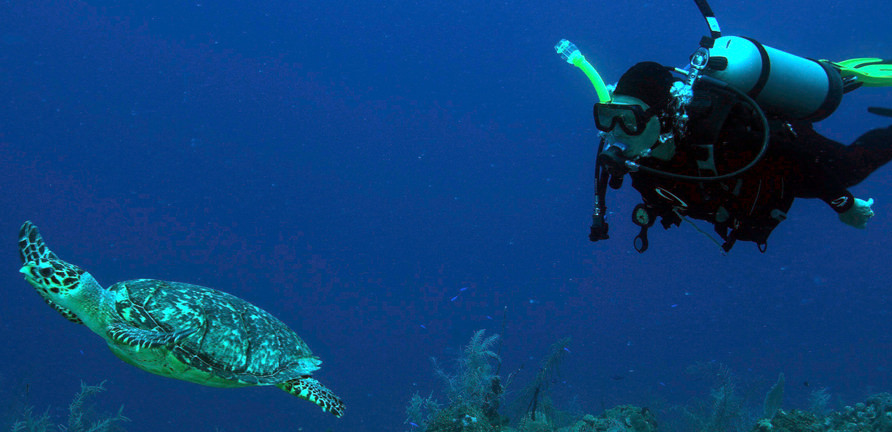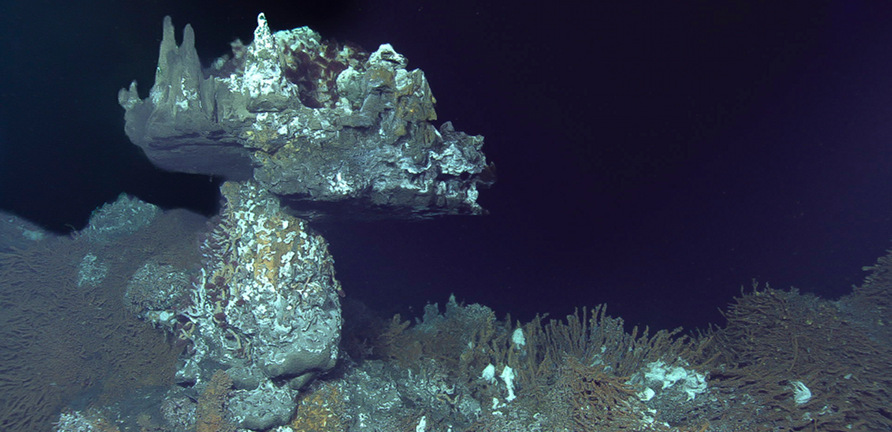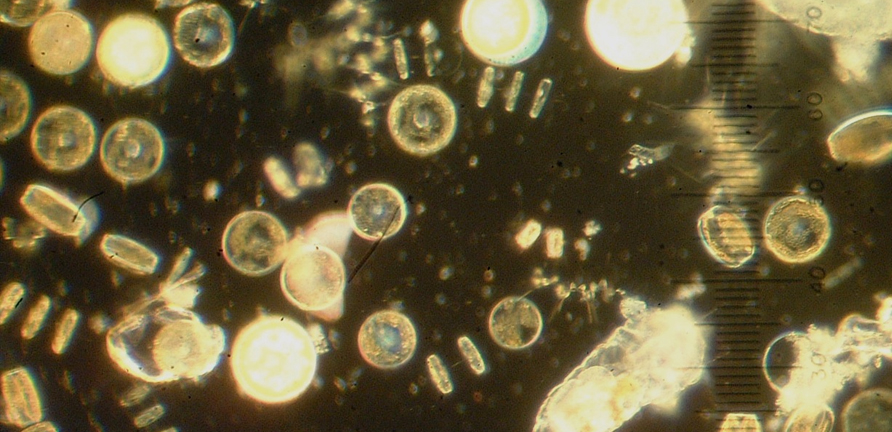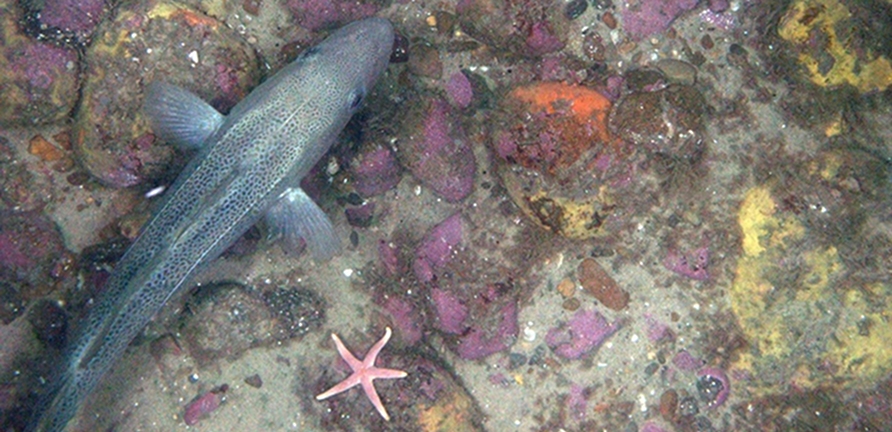
A project that empowers scuba divers and snorkelers to collect and report information on marine fish populations, sea turtles, algae and invertebrate species in temperate reef areas. Collected data is individually validated for quality and then used for scientific research by marine ecologists from NOAA, local governments and environmental protection organizations. From this quality-controlled and publicly-accessible database, scientists can more accurately survey species distribution and population trends across a variety of areas. For a complete list of scientific papers and projects produced using the REEF database so far, browse the Publications and Monitoring Projects.
Surveys can be conducted in a variety of temperate reef areas across the United States (including Hawaii), Canada, Mexico, Caribbean, Bahamas, Galapagos, and the South Pacific. The only materials needed to collect data if you’re scuba diving or snorkeling is an underwater slate and pencil and a good reference book/online resource (these materials are available on the REEF store). On your next dive, record any fish, sea turtles, algae or invertebrates you find on the underwater slate using the simple Roving Diver Technique (RDT). Then, submit your data online.
Project owners + coordinators:
Martha Klitzkie, general manager
To participate and learn more, visit: https://reef.org/programs/volunteersurvey
To stay up-to-date on this project:
• follow twitter.com/reef_org
• connect with facebook.com/reef.org

Help analyze deep-sea videos – 15 seconds at a time. NEPTUNE Canada invites you to participate in ocean science research (no experience required!). By playing Digital Fishers you’ll help researchers gather data from video, and unveil the mechanisms shaping the animal communities inhabiting the deep.
NEPTUNE Canada is an array of ocean observatories off the west coast of Vancouver Island, connected by an 812 km loop of fibre optic cable relaying data between hundreds of scientific instruments. The NEPTUNE Canada database, containing both live and archived data, can be freely explored by anyone with Internet access.
Input from Digital Fishers is helping organize and annotate thousands of hours of video from NEPTUNE undersea cameras, providing a rich resource for sea life researchers, and helping to catalogue the variety and abundance of sea life found on these rock structures.
Project owners + coordinators:
Jodie Walsh, research coordinator
To learn more and participate, visit: https://digitalfishers.net
To stay up-to-date on this project:
• follow twitter.com/digitalfishers
• connect with facebook.com/digitalfishers

photo by willapalens
Classify different types of plankton to help analyze ocean health. Plankton are a critical source of food for life in the ocean – without plankton, we would have a lifeless ocean. Analyzing when and where plankton occur at different depths helps build a better understanding of the ocean from small to global scales. As a group, plankton are an eclectic collection of beautifully intricate organisms adrift in the oceanic waters. The classification of an organism as ‘plankton’ has nothing to do with its biological grouping, but rather with its inability to swim actively against oceanic currents. There are two main types of plankton: phytoplankton (plants) and zooplankton (animals).
Plankton Portal focuses primarily on zooplankton because the underwater camera system (named ISIIS, the In Situ Ichthyoplankton Imaging System) they use is optimized to photograph larger planktonic organisms. The weightlessness of life in the ocean environment allows for very delicate and complex body designs, which are almost impossible to keep intact with normal means of collection. Imaging systems provide a first glimpse of these amazing animals in their natural environment, and may even lead to discovery of new species.
Project owners + coordinators:
Bob Cowen, research director
Chris Lintott, Zooniverse lead
To learn more and participate, visit: https://planktonportal.org
To stay up-to-date on this project:
• follow twitter.com/planktonportal
• read blog.planktonportal.org
• join talk.planktonportal.org

Comb the ocean floor with a treasure trove of seafloor imagery. The Seafloor Explorer project ames to create high-resolution maps of animal habitats, including how animals are distributed relative to their predators and how species distributions change over time. This can help with conservation efforts and better our understanding of ocean habitats.
The photos are collected by HabCam, an underwater mapping vehicle built by engineers and marine biologists from the Woods Hole Oceanographic Institution. Habcam takes millions of photos of the ocean floor along the northeast continental shelf. By revisting the area seasonally each year, Habcam provides the baseline of an exceptional and unique ecological time series. Seafloor Explorer needs contributers to help view the images and help identify species and ground cover.
Public contributors will view images and say whether they see fish, scallops and other organisms, provide basic measurements, and describe whether the seafloor is sand or gravel, and whether they see boulders and other interesting objects in the frame. Along the way, the contributors have a chance to enjoy working with seafloor imagery that has never been seen before, through a unique web interface.
Project owners + coordinators:
The Zooniverse Team, [email protected]
To learn more and participate, visit: https://seafloorexplorer.org
To stay up-to-date on this project:
• follow twitter.comseafloorexp
• connect with facebook.com/seafloorexplorer
• read blog.seafloorexplorer.org